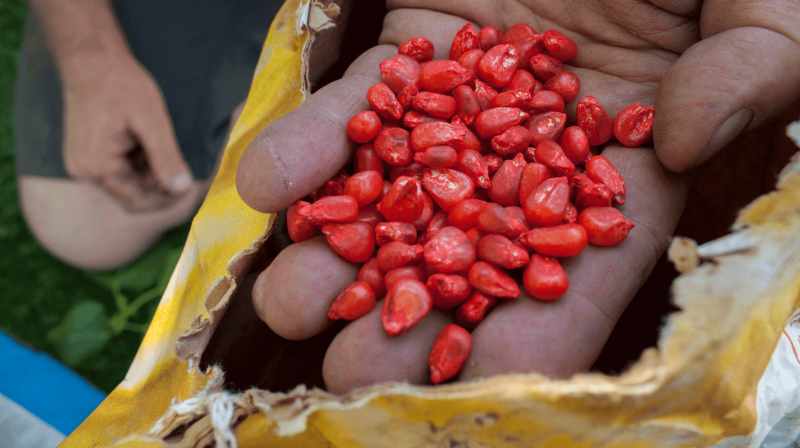The EPA announced [Jan 30] it supports the continued use and registration of neonicotinoids, a class of insecticides linked to declines in bees, aquatic insects and birds.
The Environmental Protection Agency released its proposed interim decisions for acetamiprid, clothianidin, dinotefuran, imidacloprid, and thiamethoxam. Neonicotinoids are used on a wide variety of crops.
[Editor’s note: Read The world faces ‘pollinator collapse’? How and why the media get the science wrong time and again to learn more.]
…
The proposed interim decisions also contain new measures to reduce potential ecological risks, particularly to pollinators, and protect public health, according to the EPA.
Among the management measures being proposed are measures to “help keep pesticides on the intended target and reduce the amount used on crops associated with potential ecological risks,” the agency said.
The EPA is also proposing the use of additional personal protective equipment and restrictions on when pesticides can be applied to blooming crops in order to limit exposure to bees.































